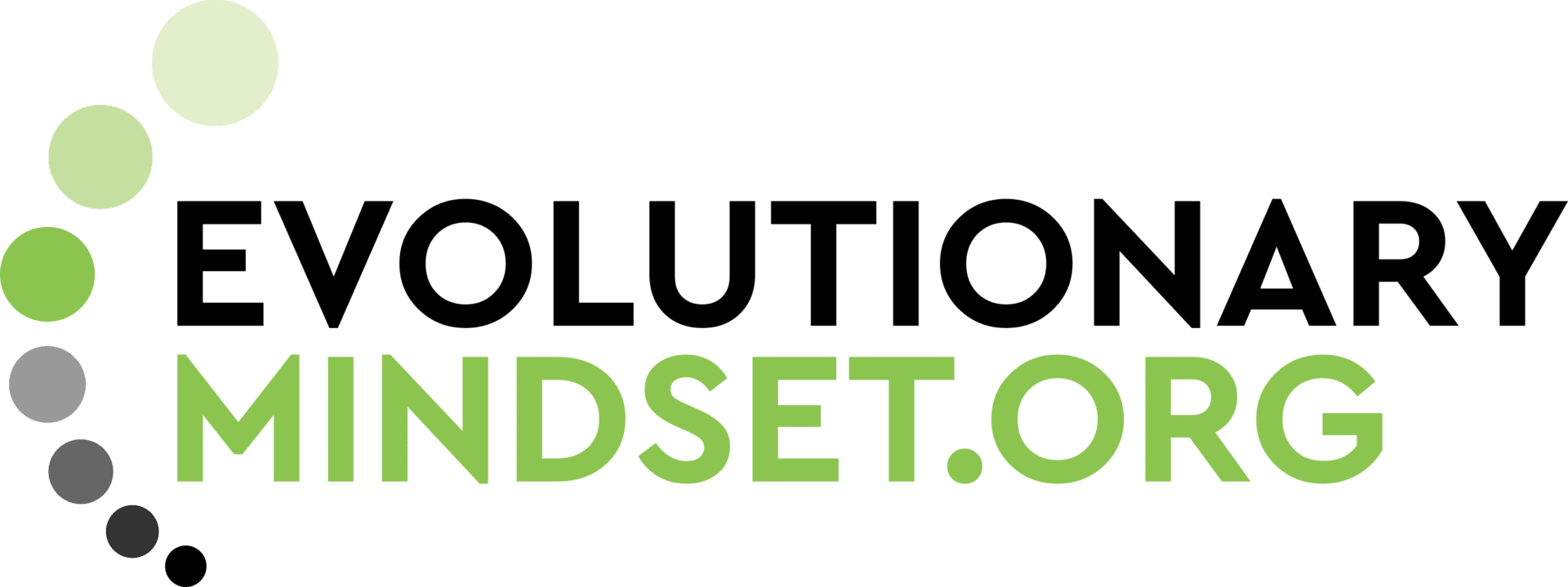
Building an Evolutionary Culture for Innovation and Growth
Nurturing Evolutionary Cultures: A Blueprint for Innovation and Growth
When it comes to organizational success, the cultivation of an evolutionary culture is essential for innovation and sustained growth. Rooted in the principles of Darwinian evolution, the idea that collective intelligence drives progress has far-reaching implications for tribes, societies, and corporate entities alike.
Evolutionary Sociability and Social Intelligence
The journey of cultural evolution is intricately tied to our primal instincts, where survival in social environments has shaped the course of our progress. Living in close-knit groups, humans, like primates, developed intricate social hierarchies and strategic alliances. The need for predator protection catalyzed the formation of alliances, but it also introduced challenges such as competition for resources, leading to interspecies conflicts and the risk of defection.
The emergence of concepts like nepotism and social accounting reflects the intricate dynamics within groups. While favoring kin can be seen as an evolutionary strategy to ensure lineage continuation, social accounting involves considering the cost and benefit ratios in reciprocal altruism. These elements are integral to understanding how cultures evolve within the framework of social intelligence.
Group Size’s Influence on Social Intelligence
Social intelligence, the cornerstone of cooperative living, underwent significant development as group sizes expanded throughout evolution. From early primate groups of around 50 individuals to modern human societies with larger averages of 150, the challenges of managing relationships and alliances multiplied. Cognitive abilities evolved to track changing alliances and navigate complex social structures.
Around 150,000 years ago, Homo sapiens experienced a cognitive leap with the advent of beliefs. The “desire theory” suggests that desires fuel actions, leading to the formation of beliefs. This unique ability to believe in abstract concepts allowed humans to cooperate flexibly in large numbers, contributing to the formation of complex societies.
As our world undergoes globalization, with social interactions transcending geographical boundaries, understanding the impact of group size on social intelligence becomes crucial for envisioning the future.
Communication Benefits for Group Living
The evolution of verbal communication, dating back to 150,000 BCE, played a pivotal role in shaping human societies. Gossip, indirect reciprocity, and reputation emerged as communication-driven mechanisms that facilitated social cohesion. Gossip, in particular, became a tool for acquiring valuable social information without direct interaction, contributing to societal stability.
However, an evolved mind transcends these primitive communication benefits. Individuals with a high evolutionary mindset possess the ability to build more expanded relationships devoid of prejudice, steering clear of gossip and biases related to familiarity, gender, race, or religion.
To build an evolutionary culture, organizations must embody key components:
- Innovation: Actively creating new methods, ideas, or products.
- Evolution: Gradually developing characteristics through evolutionary processes.
- Growth: Progress toward full development and maturity.
- Growth Mindset: Embracing challenges and learning from them for future achievements.
- Adaptability: Changing to become suitable for new or special applications or situations.
- Evolutionary Mindset: Emphasizing one’s purpose in society, focusing on value creation and utility for the larger group.
Benefits of Building an Evolutionary Company Culture
Adopting an evolutionary business culture promises a myriad of benefits. Accelerated innovation, prudent resource use, and preservation of values create a positive work environment, contributing to long-term success. Employee engagement flourishes in such cultures, resulting in increased productivity, higher performance, and a sense of belonging and loyalty.
The culture of a business serves as the linchpin for operations and success. For an evolutionary culture, continual alignment with the vision, mission, and shared values is essential. Considering the adaptive nature of businesses, leaders must proactively evaluate and update the organizational culture. Key factors such as pace, meeting etiquette, diversity, and decision-making should reflect an others-focused, results-oriented, and adaptable culture.
Evolutionary Culture Checklist
- Vision, mission, and shared values aligned with an evolutionary culture
- Leadership team embodying evolutionary intelligence
- Recruitment and retention of evolutionary-minded employees
- Results and greater good-focused culture
- Relationship-centric (employee and customer-first mindset)
- Continuous feedback loops with employees and customers
- Enhanced employee onboarding, evaluation, and growth development
- Evolutionary approach to decision-making and strategy
- Establish Your Business’ Unified Field Based on Evolutionary Science
An evolutionary vision, mission, and shared values set the stage for long-term success. Unlike entities operating without intentionality, evolutionary organizations understand the need for continuous feedback and evaluation to influence relationships effectively. Examining the unified field of each entity, identifying shared visions, added values, and mutual trust forms the basis for building evolutionary cultures.
Looking to learn more? Feel free to read the rest of my blog or check out my book EVOLVE FOR GROWTH available on Amazon: https://amzn.to/3QY2ONB
